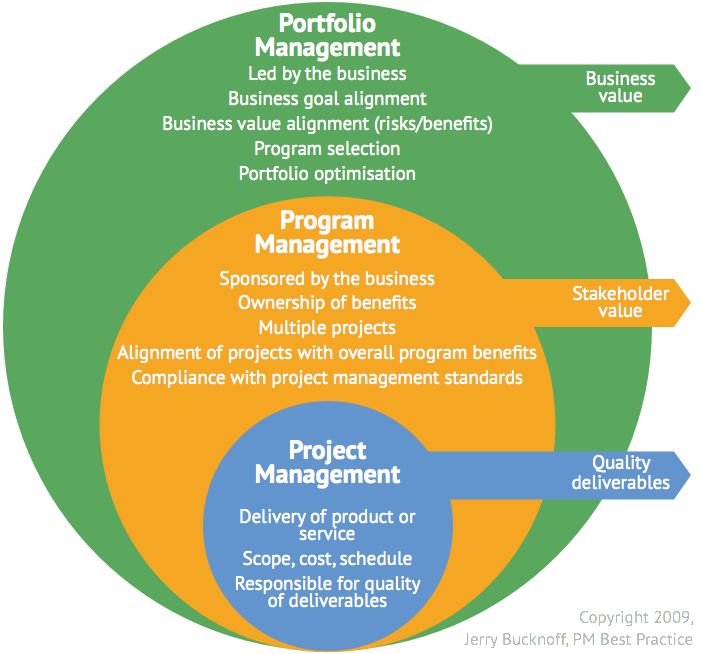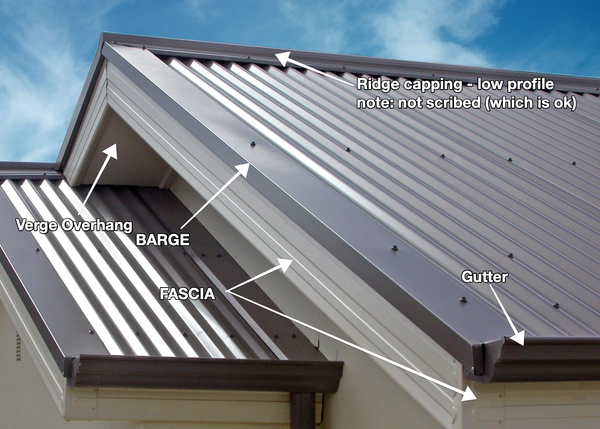In the residential construction world, a perennial debate revolves around the differnce of opinion between being a production-oriented builder and a craftsman.
This debate often centres on the underlying question:
Are you merely producing work, or are you crafting it?
This distinction is especially important in Australia, where the construction sector is a vital component of the economy and society. In this article, we look into the nuances of this difference, highlighting the importance of quality management systems (QMS) in bridging the gap between these two approaches to residential home construction.
Project Builders: The High-Speed Production Line
Imagine a factory production line – efficient, fast-paced, and designed for high throughput. This is the realm of project builders. Their primary aim is to maximise efficiency and minimise time and costs. In doing so, they often streamline operations, adopting a 'cookie-cutter' approach to construction. The goal is clear: deliver as many units as possible in the shortest time. This approach, akin to an assembly line, can lead to compromises in quality.
For project builders, time is a commodity more precious than gold. The quicker a project is completed, the faster they can move on to the next. This drive for time savings, while economically sensible, can often lead to a one-size-fits-all methodology, where uniqueness and attention to detail may fall by the wayside. The mantra here is volume over virtue.
Craftsmen: The Artisans of Building
On the other side of the spectrum, we have craftsmen, these days few and far between to find. These are the artisans of the building world, where each project is a canvas for their skill and passion. A craftsman treats each construction project as a unique endeavour, imbued with personal pride and a commitment to excellence. This approach is akin to a master painter carefully creating a masterpiece, with attention to every stroke of the brush.
The craftsman's approach is inherently time-consuming and often more costly. However, the outcome is a work of art in the form of a building, embodying quality, durability, and aesthetic appeal. Unlike project builders, craftsmen are not driven by the clock, but by the desire to achieve perfection in their work.
Quality Management Systems (QMS): Bridging the Gap
The key to reconciling these two seemingly disparate approaches lies in the implementation of quality management systems. A QMS provides a structured framework that ensures consistency in quality, irrespective of the scale or pace of the project. It introduces standard processes and habits that are crucial for maintaining high-quality standards.
For project builders, the adoption of a QMS can mitigate the risks associated with rapid construction. It can ensure that, despite the emphasis on speed and volume, quality is not compromised. A well-implemented QMS can act as a conductor, orchestrating the various elements of construction to ensure harmony between speed, efficiency, and quality.
Conversely, for craftsmen, a QMS does not stifle creativity but rather enhances it. It provides a backbone of consistency, ensuring that each masterpiece is not only aesthetically pleasing but also structurally sound and durable. It's the difference between a beautifully improvised jazz solo and a full symphony orchestra delivering a harmonious performance.
Time, Cost, and Quality: The Triad of Construction
In construction, there is an age-old adage: "Fast, good, or cheap. Pick two." This saying highlights the inherent trade-offs between time, cost, and quality. Project builders typically prioritise time and cost, often at the expense of quality. Craftsmen, conversely, prioritise quality, which can mean higher costs and more time.
(Read more about this "holy trinity of construction" HERE)
However, with a robust QMS, it is possible to strike a balance. Quality does not have to be sacrificed at the altar of speed and cost-efficiency. A QMS provides a road map for maintaining high standards while adhering to time and budget constraints. It is about finding the sweet spot where efficiency meets excellence.
The Misalignment of Values and Marketing Realities
A significant issue arises when project builders market their work as being of the highest quality without the systems, processes, and habits in place to ensure this is the case. It creates a cognitive dissonance, where the promise of quality does not align with the reality of the production-focused approach. This misalignment can lead to dissatisfaction and a trust deficit in the industry.
(read more about how builders can start earning trust in our recent blog post HERE)
Educating the Uninitiated: Quality Management in Simple Terms
To the layperson, terms like 'quality management systems' and 'construction management' might sound intimidating. However, understanding these concepts is crucial for anyone interested in the construction sector, whether as a client, a student, or an industry professional.
Think of a QMS in construction as a recipe book for a master chef. It contains the list of ingredients (materials and resources), the method (processes and techniques), and the expected outcome (the finished building). Just as a recipe ensures that a dish turns out well every time it is prepared, a QMS ensures that every construction project meets a certain standard of quality.
Conclusion: Crafting Excellence Through Quality Management
In conclusion, the distinction between being a production company and a craftsman in the construction world is not just about the end product.
It's about the values, processes, and systems that go into creating that product.
A quality management system is the golden thread that can weave together the efficiency of a production approach with the attention to detail of a craftsman. It's not just about building houses; it's about crafting homes.
The question then becomes not whether you are producing or crafting work, but how well you are integrating the two through quality management.












